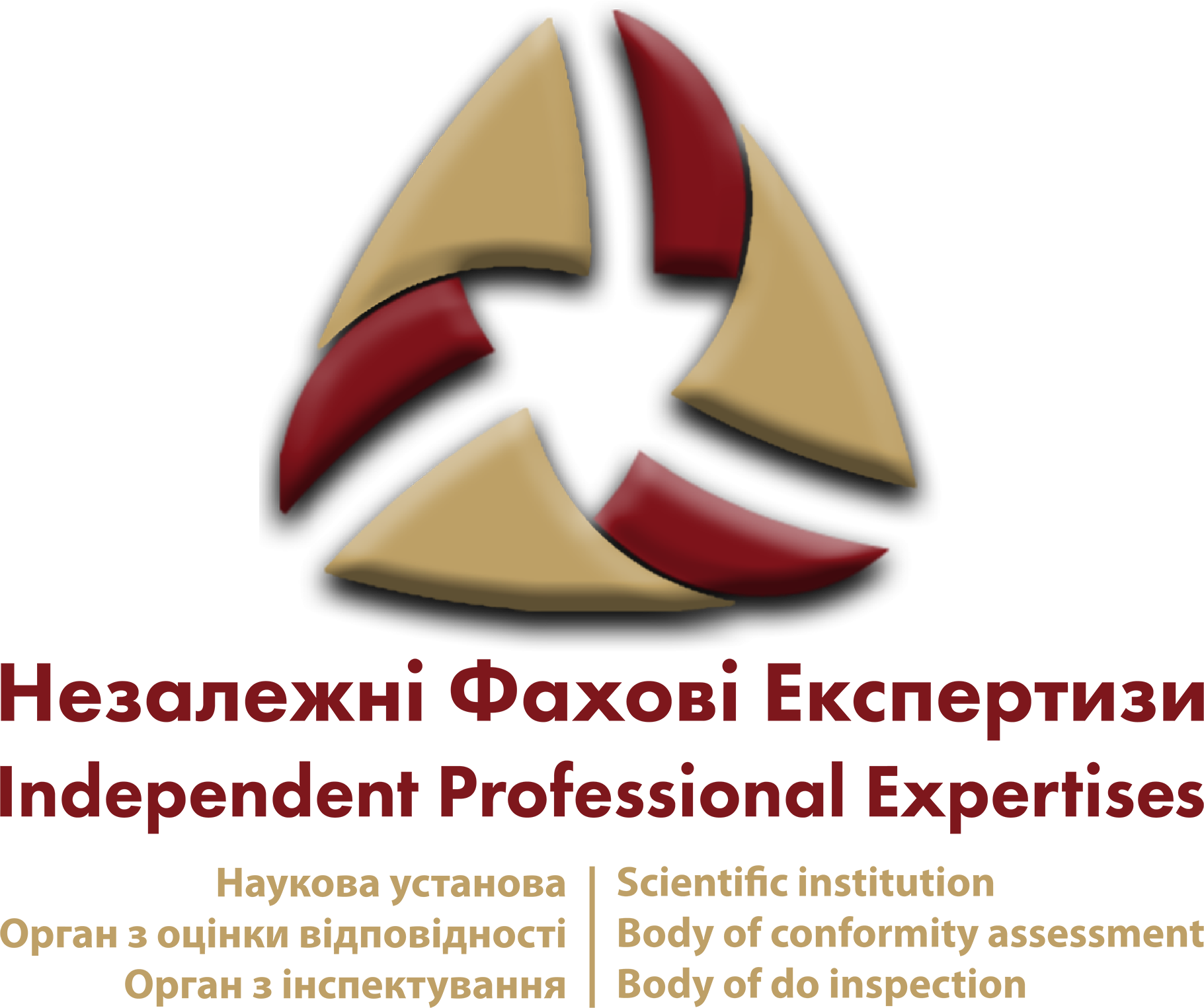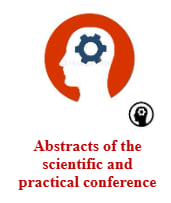| Romanovska L.А., Candidate of Law, Director, Chief Research Fellow in the field of jurisprudence at IPE LLC, https://orcid.org/0009-0004-6306-6936 A collection of scientific papers based on materials from the XXIII International Scientific and Practical Conference ‘VASILYEVSKY READINGS’, dedicated to the bright memory of Honored Lawyer of Ukraine, Doctor of Law, Professor Valentina Antonivna Vasilyeva (3-4 October 2025, Ivano-Frankivsk) / Research Institute of Private Law and Entrepreneurship named after Academician F. G. Burchak of the National Academy of Legal Sciences of Ukraine; edited by L. V. Sishchuk, Candidate of Juridical Sciences. Ivano-Frankivsk, 2025. 236 p. (pp. 139-144). |
Generalised theses.
Official reports reflecting the results of public procurement for the relevant reporting period contain summary data on the total number of procurements carried out, including those carried out under non-competitive procedures, without specifying their number according to the relevant legal basis. In particular, according to the Prozorro portal, in 2024 there were 3.62 million lots of procurement, with an expected value of UAH 1.84 trillion, and 29.10 thousand organisers, including: under competitive procedures – 533,130 lots, with an expected value of UAH 1.19 trillion, and 19,210 organisers; under non-competitive procedures – 3.08 million lots, with an expected value of UAH 651.79 billion, and 28,610 organisers. These statistics show that approximately 85% of purchases were made through non-competitive procedures and only 15% through competitive procedures.
Proving one legal basis or another must comply with scientific methodology, specially developed scientific and methodological recommendations, the application of which in the form of conformity assessment (independent professional expertise) must be carried out by the relevant professional institution. For example, based on the materials of a procurement conducted using such a legal basis for non-competitive procurement as ‘lack of competition for technical reasons, which must be confirmed by the customer, « the state financial control body noted that ‘…the justification for a non-competitive procedure should be based on the results of the analysis of the market for goods (works and services) …». It is difficult to prove whether such a remark is legitimate or illegitimate, since it is, first and foremost, a professional opinion rather than a document. At the same time, the following questions arise: Should a market analysis be carried out in every case on such legal grounds or not? What requirements should, the analytical institution conducting the market analysis meet? For what period should the market analysis be taken into account?
There is an urgent need for scientific and methodological support for procurement under non-competitive procedures, which should serve as an impartial guarantor of legality and transparency. The aforementioned statistics regarding 85% of procurement under non-competitive procedures confirm this need in society, which should be taken into account by legislators.
Such scientific and methodological support can currently be provided by inspection (conformity assessment) bodies operating in the following areas: scientific and legal expertise, scientific and economic expertise, scientific and technical expertise, comprehensive scientific expertise, accredited by the National Accreditation Agency of Ukraine. In essence, a conformity assessment document (independent professional expertise) in the form of an expert opinion, which is provided by the inspection body (conformity assessment body) based on an analysis of the procurement materials, is proof of the legitimacy of the customer’s choice of the relevant legal basis for the application of a non-competitive procedure and, at the same time, a mechanism for ensuring the transparency of the procurement process. (conformity assessment body) is proof of the legitimacy of the customer’s choice of the relevant legal basis for the application of a non-competitive procedure and, at the same time, a mechanism for transparency in the procurement process with regard to all measures taken for this purpose.











